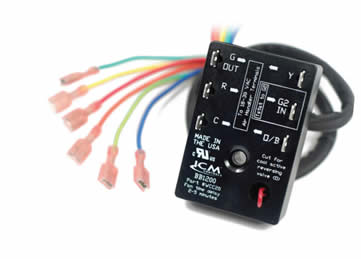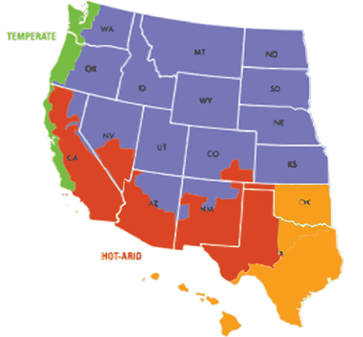The Western Cooling Control™-
Making the West Even Cooler Than it Already is,
While Using Less Energy!
|
In hot and dry climates, when the typical air conditioner turns off, it still has stored cooling sitting in it. The stored cooling can be delivered to the home or business if the fan runs longer. The WCC™ is Proctor Engineering Group’s innovation to adjust the fan run times to the way each air conditioner runs. In dry climates it produces savings up to 15% without sacrificing comfort. The key to this original invention is altering the amount of time the fan runs after the outside part of the air conditioner (compressor) cycles off. The amount of time the fan runs is keyed to the amount of time the compressor runs.
|
||||||||||


